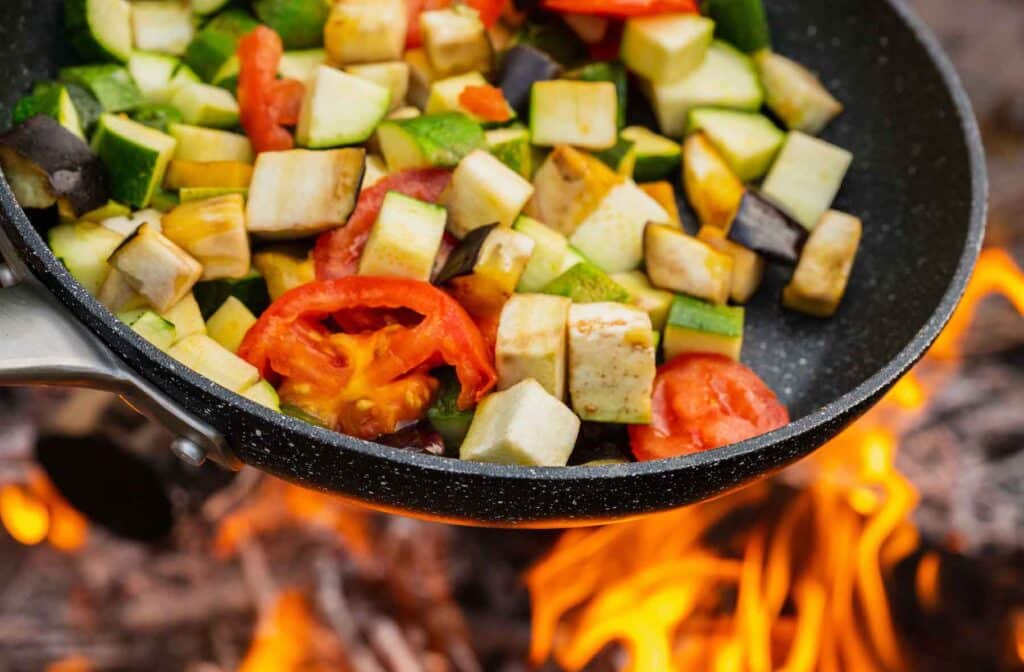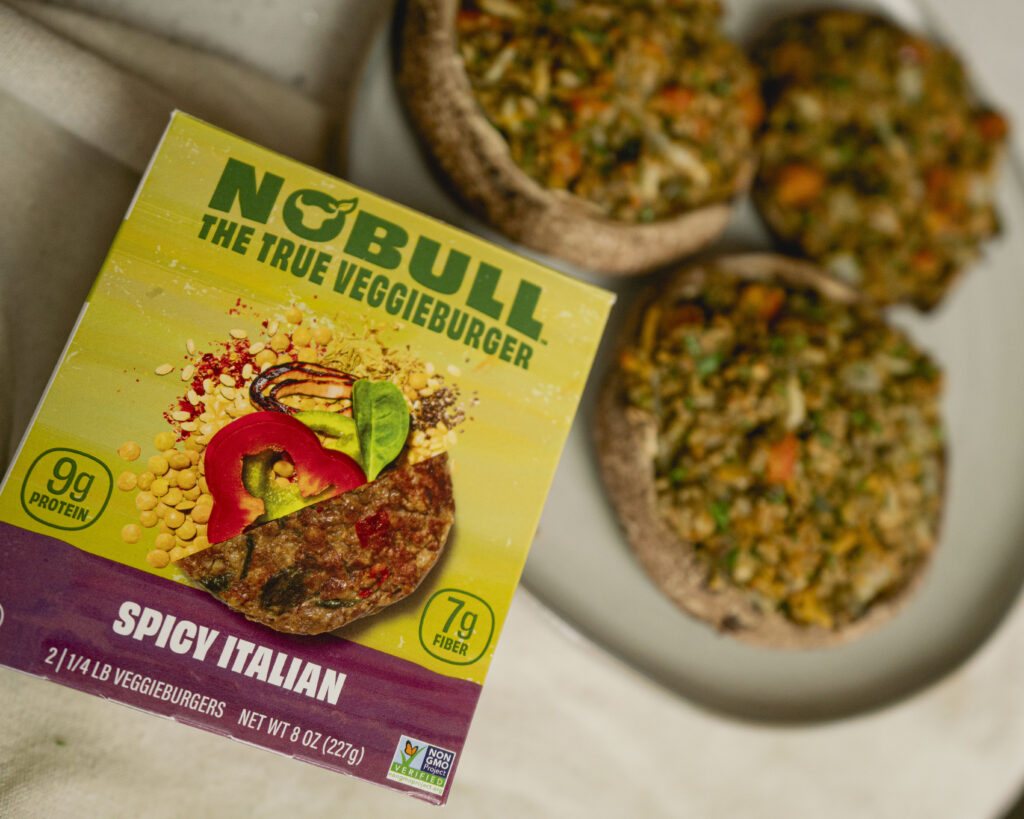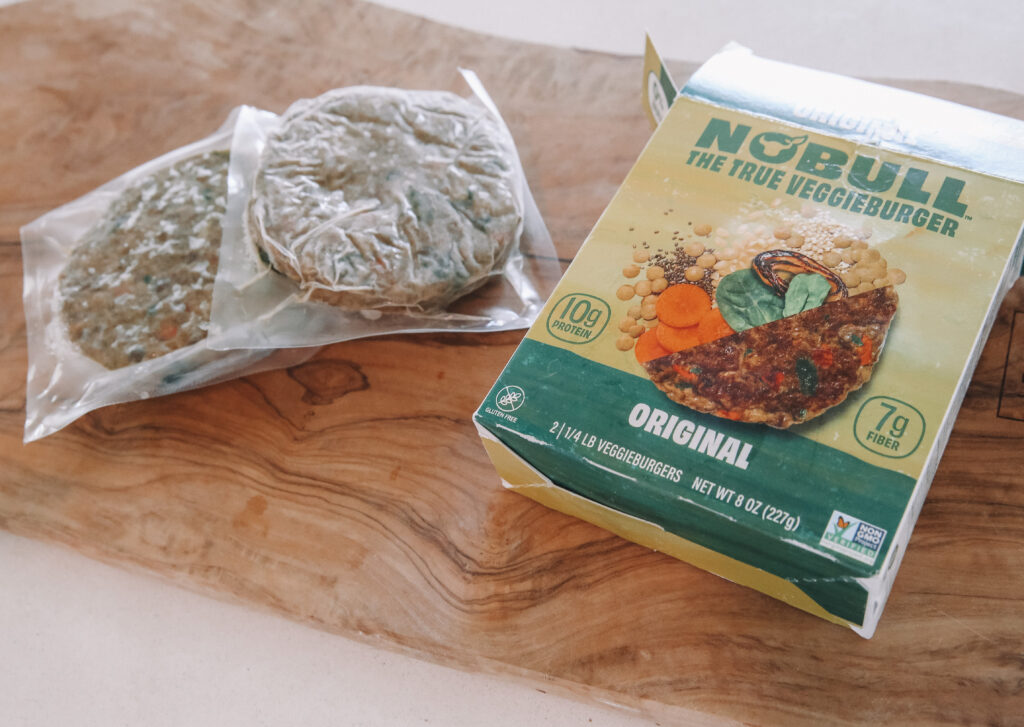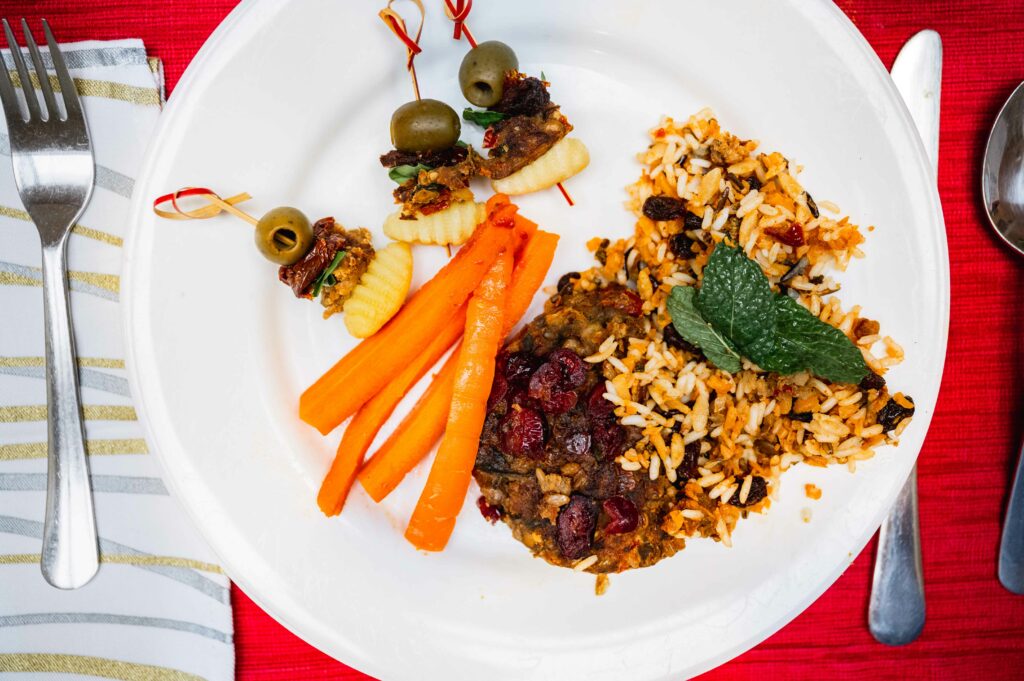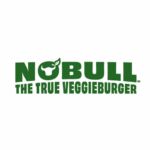When someone starts a vegetarian or vegan diet, others often ask, “but how will you get enough protein?” Contrary to popular belief, it’s actually not that difficult to get enough protein in your diet without eating meat.
So let’s squash the myths and present facts about plant proteins! NoBull Burgers are a COMPLETE PROTEIN, meaning it contains the nine essential amino acids that our body cannot produce on its own.
Myth #1 Plants Don’t Have All the Amino Acids
There are 20 different amino acids that bond together in a chain to form a protein. Our bodies produce 11 of the 20 amino acids on their own. You must get the other nine– the so-called essential amino acids– through food.
Guess what? You can get all nine essential amino acids from plants!
If you’re a vegetarian or a vegan, experts recommend you eat various proteins in the form of nuts, seeds, lentils, and whole grains daily so that you’re including complete proteins in your diet.
Myth #2 You Can’t Get Enough Protein on a Plant-Based Diet
 The truth is, most Americans eat far more protein than they actually need. The recommended dietary allowance (RDA) for protein is 0.8 grams per kilogram of body weight or about 55 grams per day for the average adult.
The truth is, most Americans eat far more protein than they actually need. The recommended dietary allowance (RDA) for protein is 0.8 grams per kilogram of body weight or about 55 grams per day for the average adult.
However, depending on your activity level, age, and muscle mass, you may need more or less protein. For example, athletes and people trying to gain muscle mass may require up to 1.8 grams per kilogram of body weight, or about 120 grams per day.
In any case, you can get plenty of protein from plants! Here are some examples of high-protein plant foods:
- NoBull Burger (10 grams per veggieburger)
- Lentils (18 grams per cooked cup)
- Chickpeas (15 grams per cooked cup)
- Black beans (15 grams per cooked cup)
- Quinoa (8 grams per cooked cup)
- Almonds (6 grams per ounce)
- Spinach (5 grams per cooked cup)
- Tofu (20 grams per cup)
As you can see, plenty of plant-based foods are super high in protein! And remember, you don’t need to consume all your protein at once. You can spread it out throughout the day by including high-protein foods in each meal and snack.
Myth #3 Animal Protein is Better Than Plant Protein
There is no evidence to support the claim that animal protein is better than plant protein. In fact, there are many reasons to choose plant-based proteins over animal proteins, such as:
- Plant proteins are typically lower in saturated fat and cholesterol.
- Plant proteins are a good source of fiber, which is vital for gut health.
- Plant proteins are often more affordable than animal proteins.
- Animal agriculture is a leading cause of greenhouse gas emissions, so choosing plant-based proteins can help reduce your carbon footprint.
Myth #4 Plant Protein Sources Have Too Many Carbs
While it’s true that some plant protein sources, such as legumes and grains, are higher in carbs than animal protein sources, there are plenty of low-carb plant protein options as well. For example, tofu, tempeh, and nuts are all relatively low in carbs but high in protein.
Pack in Plant Protein
If you’re looking for a high-protein, low-carb option, NoBull Burgers are a great choice! Each veggieburger has 10 grams of protein and only 27 grams of carbs. Additionally, since we make our veggieburgers with plant-based ingredients, they’re a more sustainable choice for the planet.
So next time someone asks you where you get your protein, you can tell them NoBull Burgers! Our veggieburgers prove that you can get all the protein and essential amino acids you need from plants.
